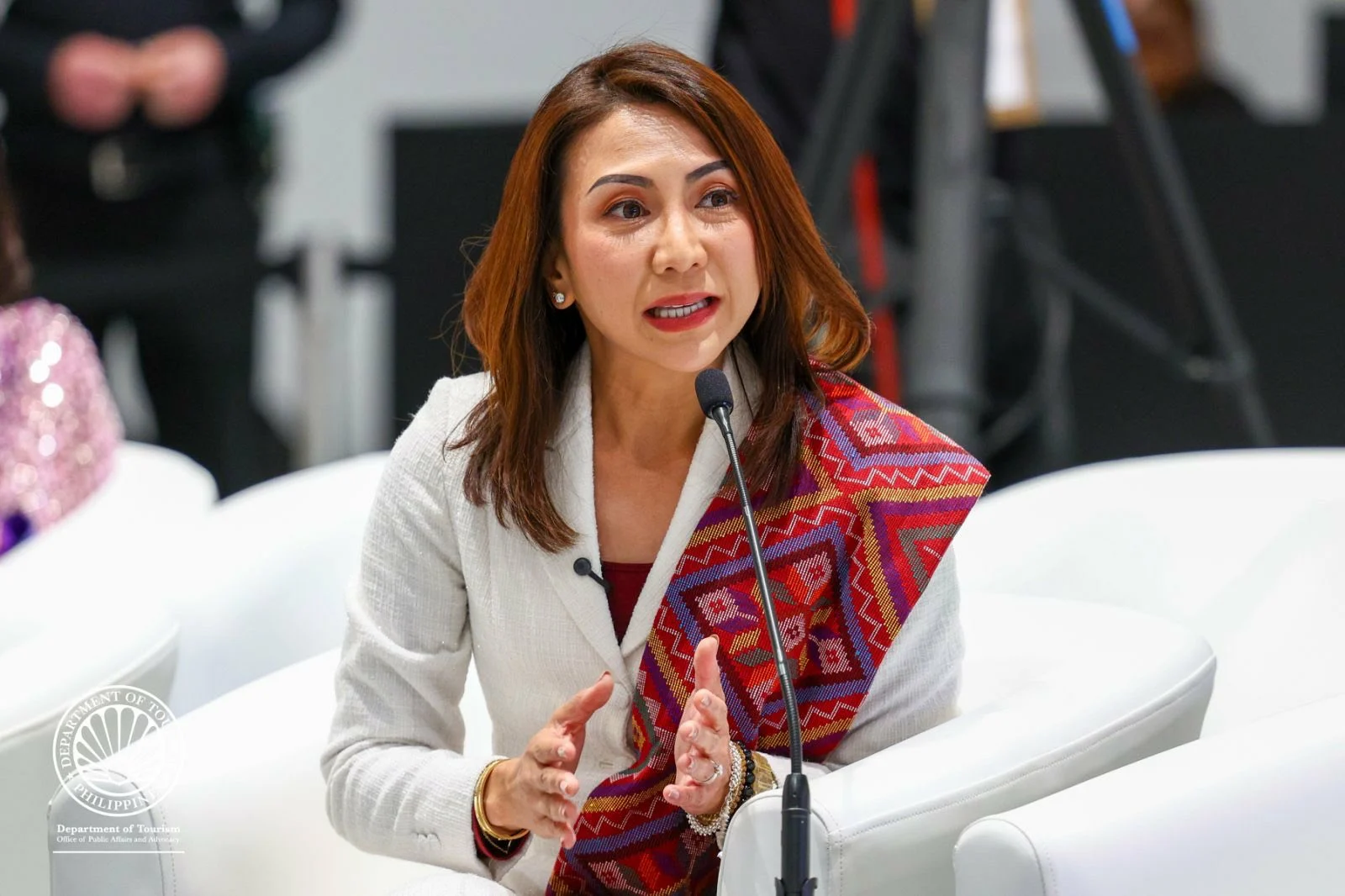
Philippine Secretary Urges Foreign Investors to Explore Tourism Prospects
Philippine tourism secretary Christina Frasco called on foreign investors to take advantage of her country’s growing tourism opportunities. Speaking at a forum at the World Travel Market (WTM) London on Tuesday, November 4, Frasco highlighted government reforms and fiscal incentives that render the country an appealing investment landscape.
The leader of the Philippine Department of Tourism (DOT) noted that tax holidays, enhanced deductions, and import exemptions for prioritized tourism projects are encompassed under the country’s Corporate Recovery and Tax Incentives for Enterprises (CREATE MORE) Law.
She asserted: “The Philippines has engaged in a transformative development agenda under the Philippine Development Plan, shifting our country’s growth towards sustainability, inclusiveness, resilience, and innovation.”
Frasco emphasized that the CREATE MORE Act offers fiscal advantages that bolster sustainability, green innovation, job creation, and equitable regional development. Additionally, she pointed out that public-private partnerships (PPPs) play a vital role in expediting tourism advancement, including airport modernization and improvements to tourism infrastructure and destinations.
Currently, the Philippine administration actively invests in tourism initiatives that encompass community training programs, the creation of quality rest areas, and the installation of hyperbaric chambers in leading diving and coastal sites.
Sustainability Matters in the Philippines
During the launch of the Philippine Pavilion at the WTM, Frasco underscored the importance of sustainability in tourism as challenges mount from global economic conditions, climate change, and fiscal limitations.
She stated: “Sustainability for us is not mere theory; it is our lifeline. We pursue tourism that is people-centered and future-oriented, knowing that millions depend on our ability to safeguard and enhance our destinations for future generations.”
The necessity of this approach has grown more urgent, particularly as the Philippines continues to wrestle with recurring natural disasters.
